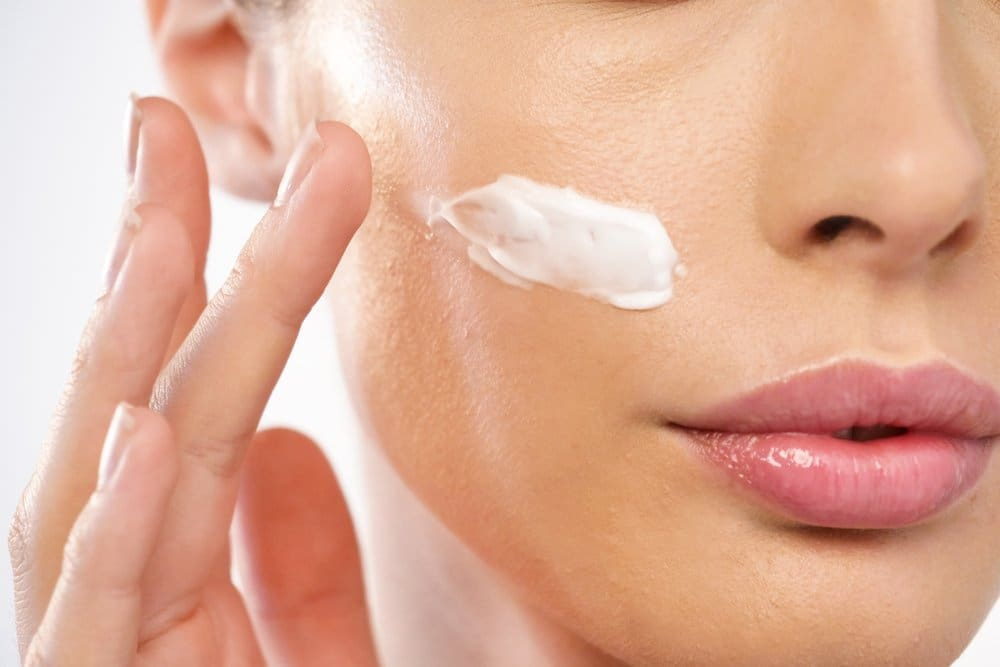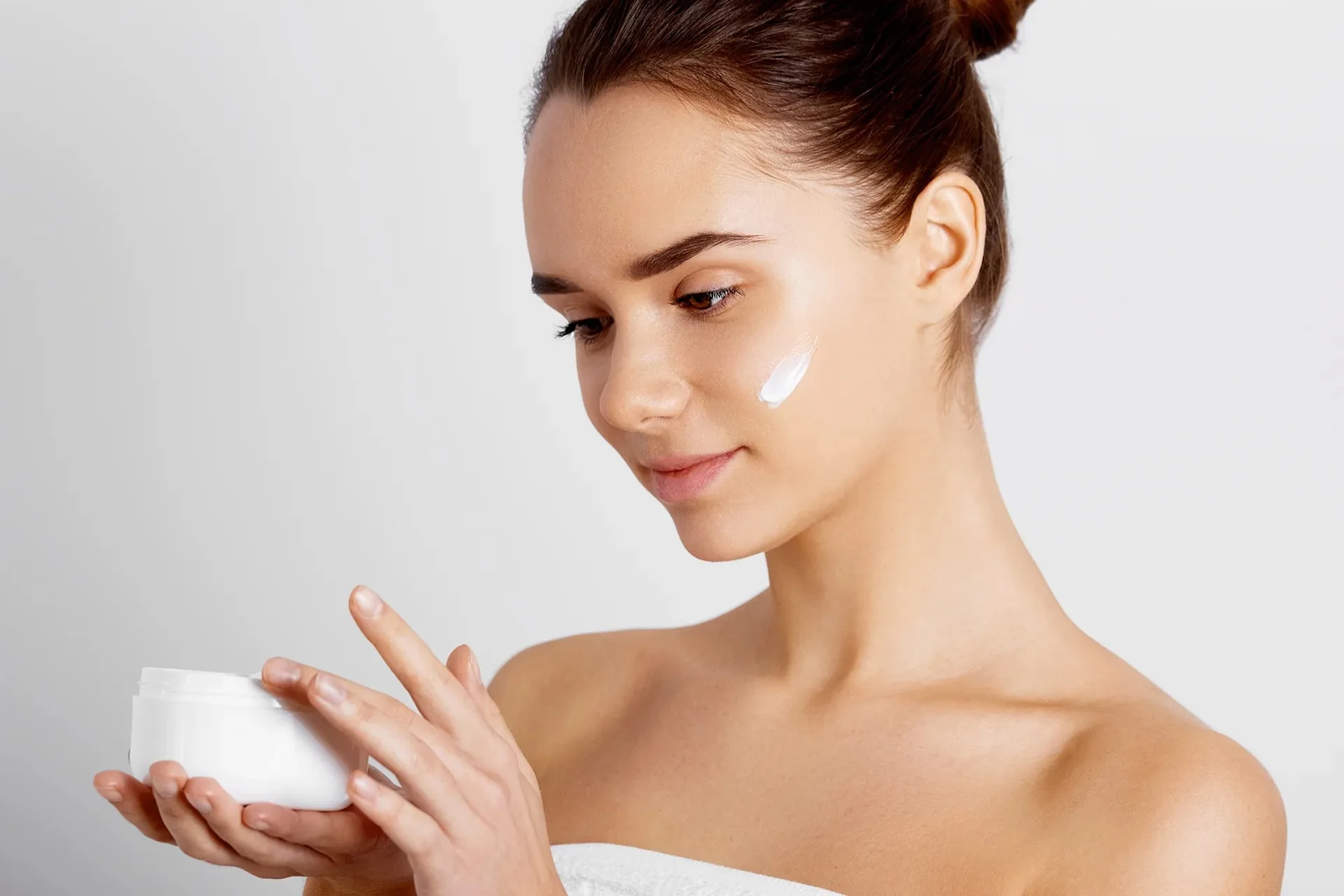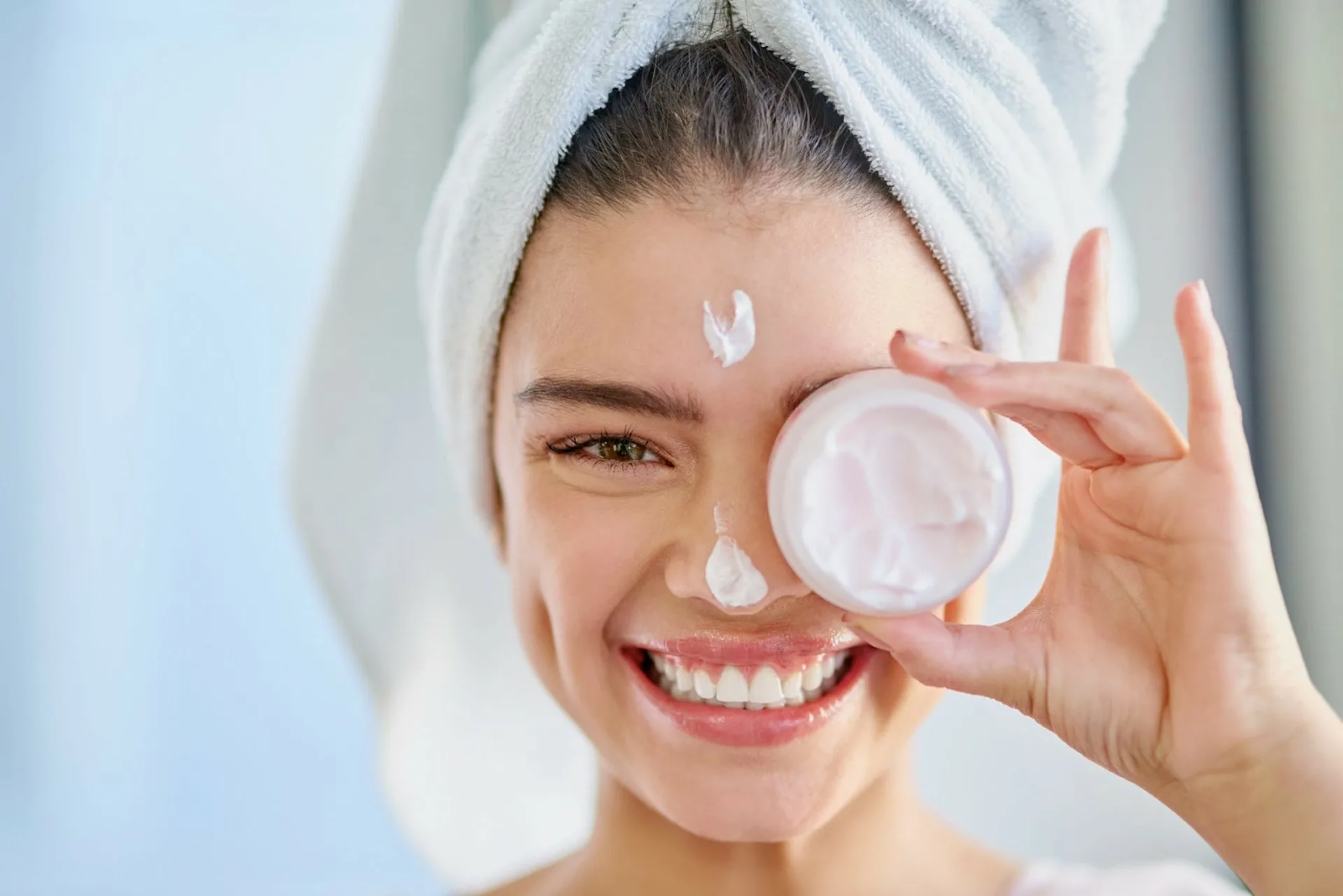When it comes to skincare, using the right products at the right time is crucial for maintaining a healthy
complexion. But what happens if you break the rules and use night cream during the day? This article uncovers the
truth behind this common skincare misconception, revealing how inappropriate use of night creams can affect your
skin, from reduced benefits to potential adverse reactions.
Introduction to Night Creams and Their Purpose
Night creams are a pivotal part of the evening skincare routine, designed to support skin repair and restoration
while you sleep. Loaded with rich, restorative ingredients, these creams often come with a denser texture to provide
intense hydration and aid in the natural regeneration process. Unlike daytime moisturizers, night creams forego SPFs
and other protective elements, focusing instead on nurturing and treating the skin throughout the night.
Typically, a good night cream will contain components like hyaluronic acid, retinoids, peptides, and various
antioxidants. These powerhouse ingredients work tirelessly to neutralize free radicals, boost collagen production,
and fight signs of aging, capitalizing on the body’s circadian rhythm that enhances skin recovery during rest.
The Science Behind Night Cream Formulations

A night cream’s formulation is specifically designed to complement the skin’s nightly healing phase. Unlike day
creams, night creams are free from sunscreen additives, which can clog pores if left on the skin for extended
periods. They often include higher concentrations of active ingredients that could make skin more sensitive to
sunlight, making them unsuitable for daytime use.
Moreover, the skin’s permeability is believed to increase at night, allowing for a more profound absorption of the
nourishing compounds found in night creams. As the skin temperature rises slightly, it becomes a more receptive
environment for the reparative ingredients to work their magic.
What Happens When You Use Night Cream During the Day?
Applying night cream during the day may seem harmless, but in doing so, we risk negating the cream’s full potential.
Daytime conditions—such as exposure to sunlight and environmental pollutants—can alter the stability and
effectiveness of certain active ingredients found in night creams. For instance, retinol is notorious for breaking
down and losing its potency when exposed to UV rays.
This misuse of night cream also means that skin misses out on the complementary benefits provided by day creams,
which are engineered to protect against environmental aggressors, provide sunlight protection, and give just the
right amount of moisture without overburdening the skin.
Potential for Adverse Skin Reactions
The concentrated ingredients that make night creams so beneficial at night could lead to adverse skin reactions if
worn during the day. Many night creams contain thick, occlusive agents that, under the glaring sun, can cause
sweating and block pores, potentially leading to breakouts and exacerbated skin issues like eczema.
Furthermore, sensitizing ingredients in night creams, such as exfoliating acids or retinoids, may increase the
likelihood of irritation and sunburn if they are not protected by a broad-spectrum sunscreen.
The Dilemma of Sun Protection
One of the most pressing issues with using night cream during the day is its lack of sun protection. While you
sleep, there’s no need for SPF, but during the day, protecting your skin from UV damage is non-negotiable. Using a
night cream could mean you’re inadvertently skipping this essential protective step, leaving your skin vulnerable to
premature aging and other forms of sun damage.
Even if the night cream doesn’t directly harm skin, the absence of UV filtering ingredients puts the dermis at a
significant disadvantage, undermining the regenerative work done during the night.
Cosmetic and Practical Considerations
Aside from the potential skin health impacts, there’s also the matter of practicality and aesthetics. Night creams
are created with no intention of being layered under makeup or other beauty products. The result can be a heavy,
greasy complexion that is less than ideal for a fresh daytime look.
The dense texture of night creams can interfere with makeup application, causing products to slide off or appear
patchy. For those seeking a matte or natural daytime finish, using night cream in place of day cream can be a
cosmetic setback.
Best Practices for Daytime Skincare

To maintain optimal skin health, it’s essential to adhere to skincare practices tailored to the time of day. Day
creams are specifically formulated to absorb quickly, provide moisture without heaviness, and protect against daily
environmental factors.
Below are two numbered lists to guide you through choosing the proper skincare products and ingredients for day and
night:
- Daytime Skincare Essentials:
- Broad-spectrum sunscreen to protect against UVA and UVB rays.
- Antioxidants like vitamin C to combat free radical damage.
- Lightweight moisturizers to hydrate without clogging pores.
- Non-comedogenic makeup and beauty products for skin health.
- Nighttime Skincare Power Players:
- Rich moisturizers to deeply hydrate the skin.
- Retinoids and peptides for cellular regeneration and anti-aging benefits.
- Gentle exfoliants to remove dead skin cells and promote a bright complexion.
- Nourishing oils to lock in moisture and support the skin barrier.
Conclusion
In sum, while it may be tempting to use a night cream during daylight hours—especially when running low on your
daytime counterpart—it’s a skincare gamble that could backfire, resulting in reduced cream efficacy, potential skin
irritation, and inadequate sun protection. For the sake of your skin’s long-term health and appearance, it’s wise to
respect the boundary between day and night care and use each product as intended.
Frequently Asked Questions (FAQs)
What are the key differences between night cream and day cream?
| Night Cream | Day Cream |
|---|---|
| Heavier consistency for intensive hydration. | Lightweight formula for daytime wear. |
| Rich in reparative ingredients like peptides and retinoids. | Contains SPF for sun protection. |
| Lacks sun protection components. | Often includes antioxidants for environmental defense. |
| Designed to work with the skin’s natural reparative cycle. | Formulated to support skin against daily stressors. |
Can using night cream during the day cause skin damage?
It may not cause immediate skin damage, but continuous use during the day can lead to problems such as clogged
pores, increased skin sensitivity, and a higher risk of sunburn due to the absence of SPF.
Will night cream work effectively if used during the day?
Night cream will likely be less effective during the day because it’s not designed to perform under varying daytime
conditions, including direct sunlight and pollution.
Is it acceptable to use night cream during the day if I stay indoors?
Staying indoors can lessen the risk of UV damage, but it’s still best to use day-specific skincare products to
address daytime skin needs properly.
What should I do if I accidentally apply night cream in the morning?
If you can, rinse the night cream off and follow up with your standard day cream and sunscreen. If rinsing is not an
option, apply a broad-spectrum SPF product to safeguard your skin from any potential UV harm.

